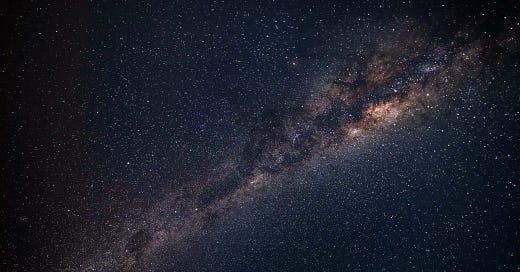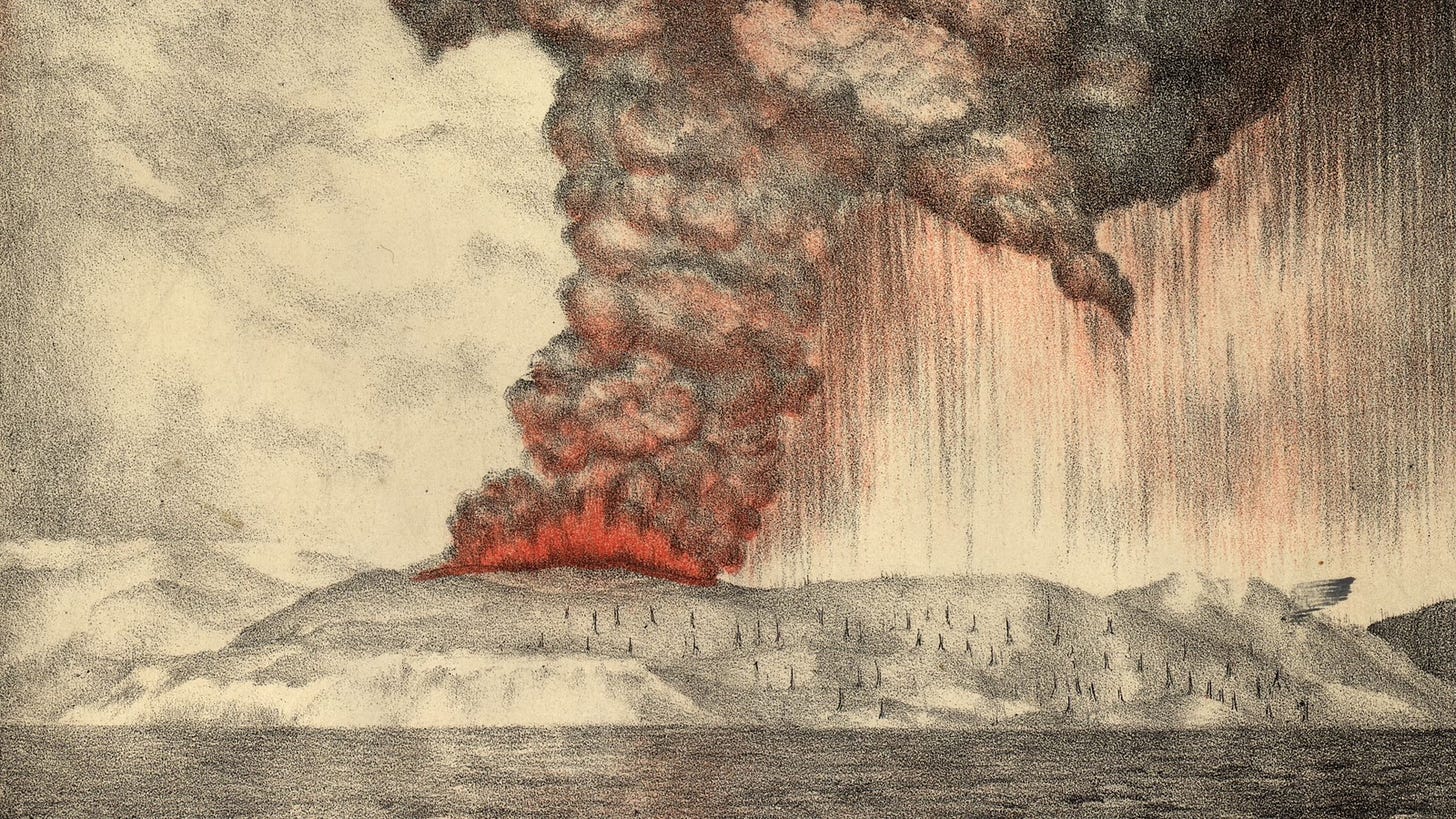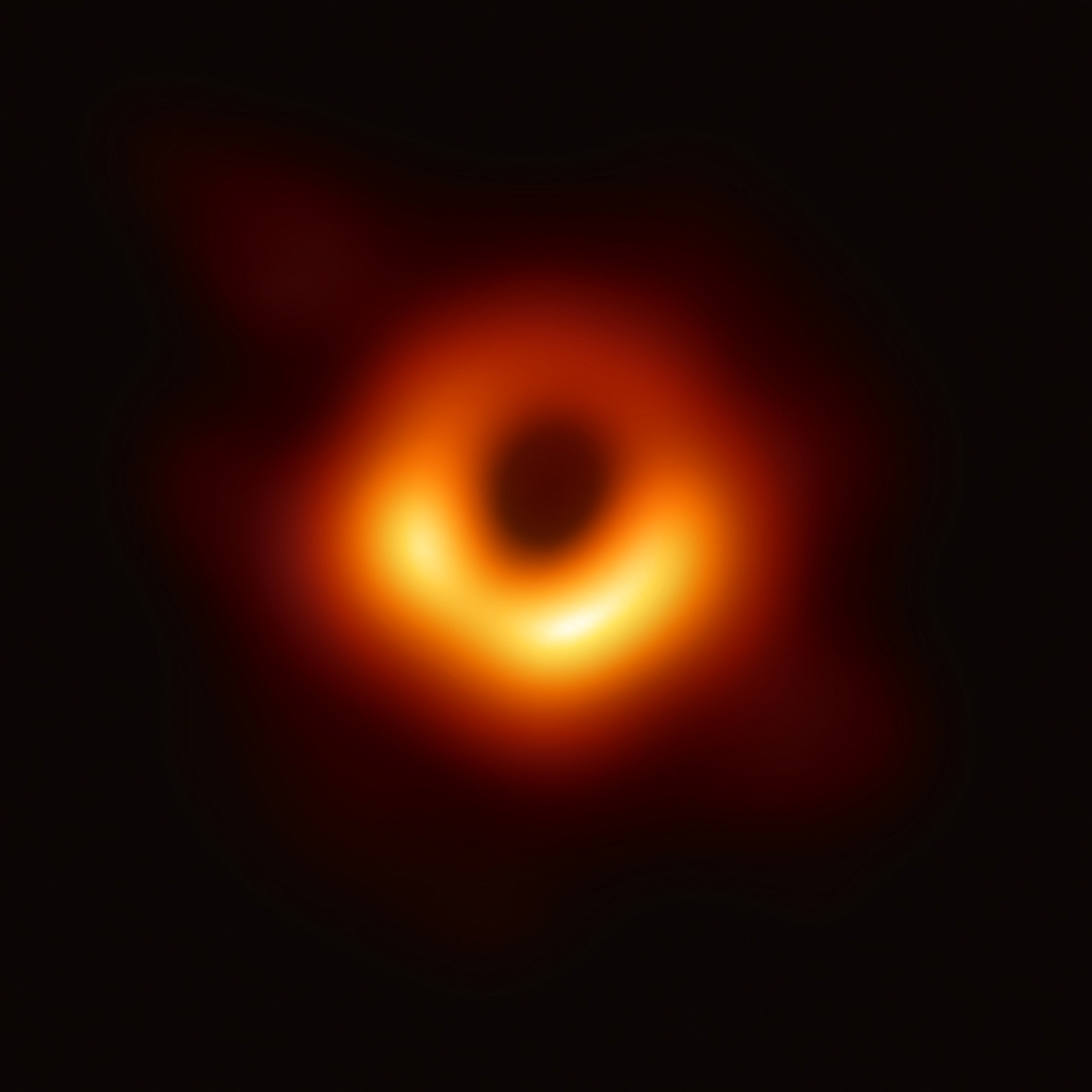Could sound end the universe as we know it?
Of all the universe-ends-here stories you’ve heard, getting swallowed by a black hole or freezing alongside the Heat Death are terrifying enough... but what about sound?
From irritating car horns to soulful violins, sound is literally everywhere. There are very few truly silent places.
Sound is …weird, let’s say. At its most fundamental level, sound is just something moving back and forth a certain number of times. Ordinarily, this is air, but it can also be the membrane of a drum or the wings of an insect.
To understand how sound could destroy the known universe, we’d need to look at the root cause of the something that moves back and forth – energy. What causes the wings of a fly to rapidly flap? Energy. What causes the drum’s membrane to vibrate? Energy. Behind every oscillation is energy – specifically, the conversion of energy from one form to to another.
How loud is too loud?
First, let’s see how sound intensity works. The loudness of a sound is directly tied to the amount of energy producing it. An insect’s buzzing isn’t very loud, but an F1 car revving at 19,000 RPM produces a shit ton of loud. So it makes sense to correlate the intensity with the energy producing it.
Next, let’s consider the absolute loudness of every sound in our daily lives. Sound intensity is measured in decibels, which is a logarithmic scale. So a sound that’s ten-fold louder than the one before it is stronger by 10 decibel, or 10 dB for short.
A guy breathing in a closed room is roughly 10 dB. It isn’t really audible, but it can be measured.
A refrigerator at max power in the same room would be both louder and audible. It’s roughly equal to 40 dB of intensity. Your headphones, meanwhile, are louder at 50-60 dB.
Trucks along the highway can reach 80dB.
Hairdryers are loud at 90dB, but they’re nothing compared with helicopters, which can reach 100 dB for a person standing close to them.
Remember that this is a logarithmic scale – so the helicopter is 10 times louder than the hairdryer, which is 10 times louder than the trucks, which are 100 times louder than your headphones.
Standing next to a jet engine is enough to cause pain and hearing loss. Jet engines weigh in at around 140 dB - any sound above this level can cause permanent hearing loss.
Finally, anything above 170 dB is no longer classified as sound – it is called a shockwave due to the sheer amount of energy that moves through the medium. A flashbang or “stun” grenade is a great example – once it explodes, it releases a blinding flash of light and a loud “bang!” with intensity 170-180 dB. This is enough to cause tinnitus, ear bleeds, inner ear damage and severe disorientation.
Okay, fun! How do I destroy the universe?
The loudest sound measured is NASA launching the Saturn V rocket, which clocked in at 204 dB. This is insane when you remember that we’re looking at the energy producing these sounds, and it gets weirder when you remember that something is oscillating to make this sound.
Here’s the thing – when sound moves through air, it creates little pockets of air which are denser and similar pockets which are less dense. This is because the energy moves in a regular, coordinated fashion.
At a very specific level of loudness, the less-dense pockets of air turn into vacuum. This limit is called the overpressure (194 dB) and it’s at this point that you’ll want to start. The denser pockets can be compressed further, so you can easily have sounds over 200 dB – as demonstrated by Krakatoa’s explosion in 1883. Today’s estimate places the explosion at a totally awesome, nerve-shattering 310 dB. It was heard all over the world, and caused shockwaves to ripple across the atmosphere circling the entire planet.
Considering a small electrical signal at 0 dB (roughly 1 milliwatt) and a 100W light bulb at 50 dB, a 123 dB wave would need 2 megawatts of power behind it. The Sun produces a little over 285 dB with its measly 10^26 watts of energy.
See where this is going?
No, think bigger. The Milky Way is only 390 dB. More, more.
NASA estimates the “mass energy” of the universe (mass considered as energy according to the laws of relativity) to be roughly 4×10^69 joules, so if all of this energy was released in a second, we’d have roughly 10^69 watts of power.
And even that’s not enough.
To produce a truly universe-destroying event, you’d need a black hole whose event horizon is bigger than the radius of the universe. The weight of that black hole would be 1.13×10^80 kilograms. In terms of energy, this works out to a shockwave of 1100 dB.
That’s it, then! To destroy the observable universe, you’d need a sound wave with intensity 1100 decibels. And to produce this sound wave, you’d need more matter than the entire universe currently holds. So I’d say that for the moment, we’re safe – unless you figure out a way to sneak in mass from another universe.
Bonus: What if—
I’ve heard this one before!
What would happen if the sound wave passed through you?
Over the 194 dB limit, the energy no longer makes the air vibrate – it pushes the air with it in bursts, and this exerts pressure. So if a 1100 dB wave hit you, you’d be buffeted along and probably die (cue for younger audience to leave the room).
It’s not pretty.
Here’s a silver lining – it’d be incredibly quick. And no, you wouldn’t be “pulled into the black hole”. You would BE the black hole.
As the wave passed through you, you’d be ripped apart, quite literally. At the level of pressure we’re talking about, atoms themselves would be torn apart into lesser particles. This will produce all kinds of fun radiation, but it doesn’t matter, because the “sound” is strong enough and dense enough to act on this radiation. The radiation would be forced back upon itself, destroying more atoms and subatomic particles in the process.
You would literally cease to exist, the atoms which made you scattered as a weird combination of mass and energy across the huge, huge black hole that would instantly form FROM YOU and expand outward, swallowing all known matter and energy.
So yes – when a wave like that hits, “you” would no longer exist, and neither would anyone else. All that would be left is a black hole the size of the universe.
But hey, look on the cool side. At least we’ll find out what’s inside one.






